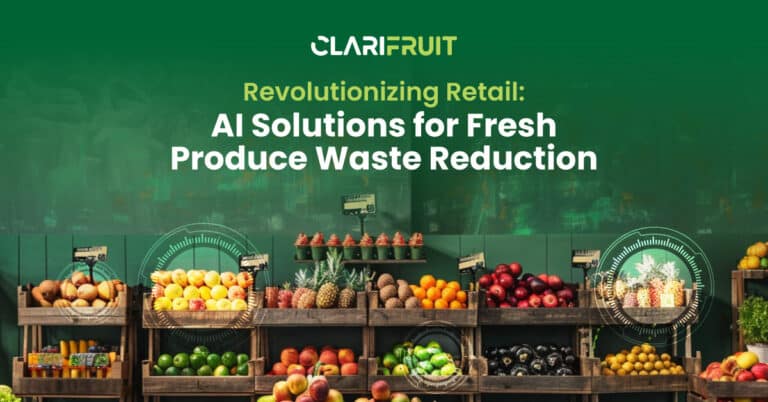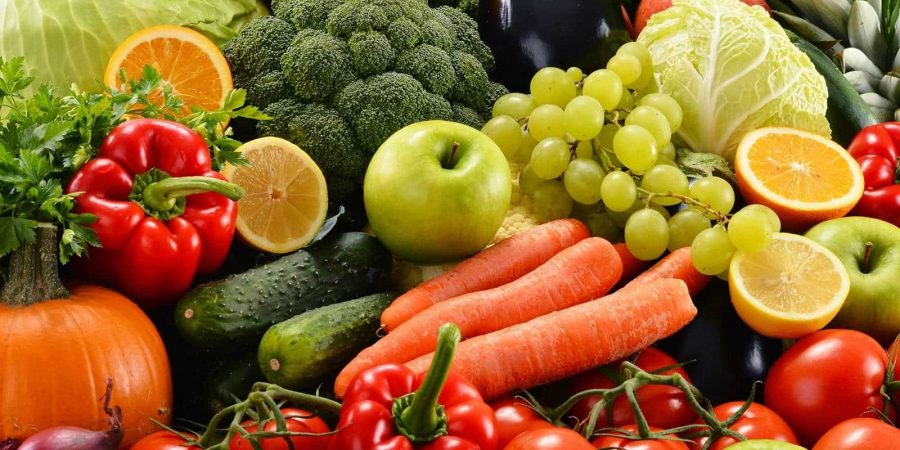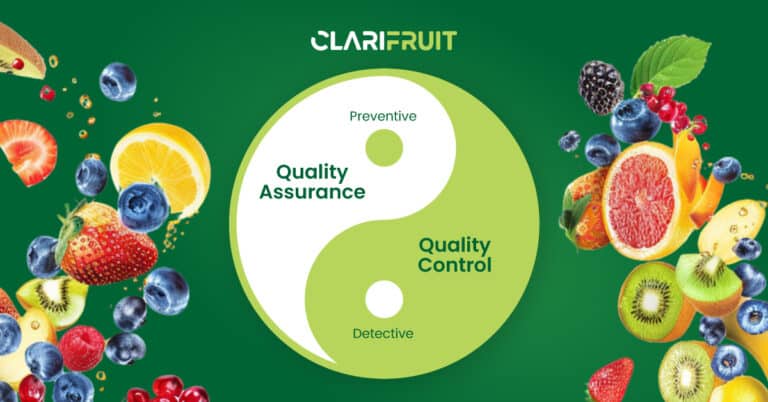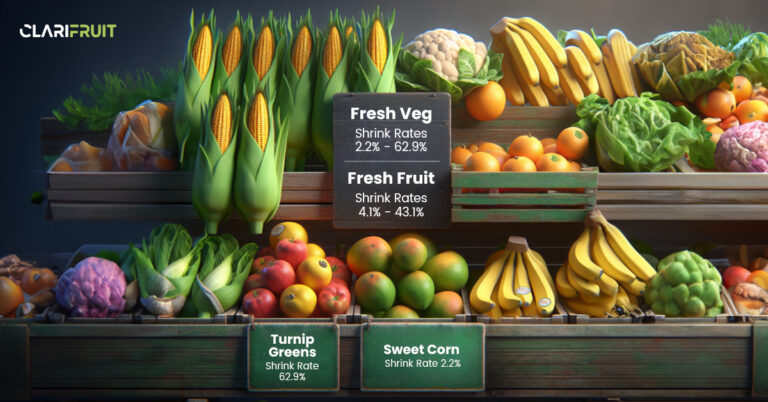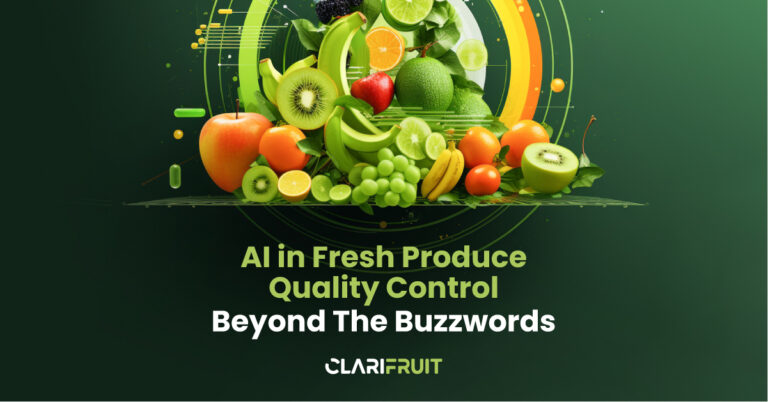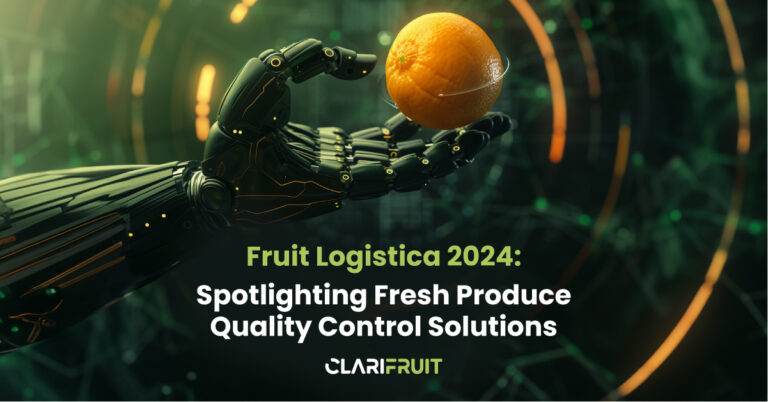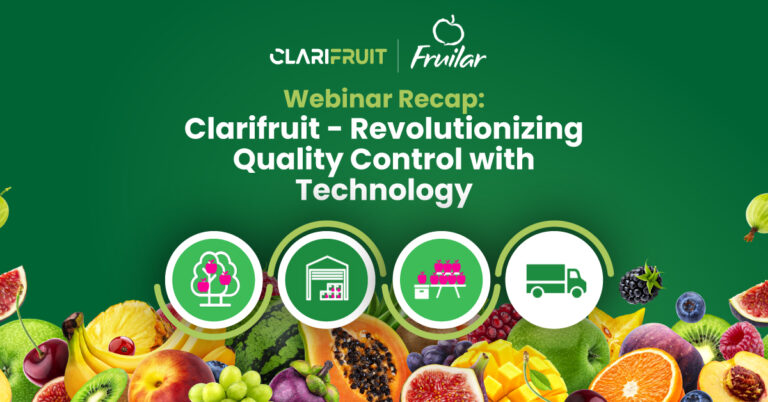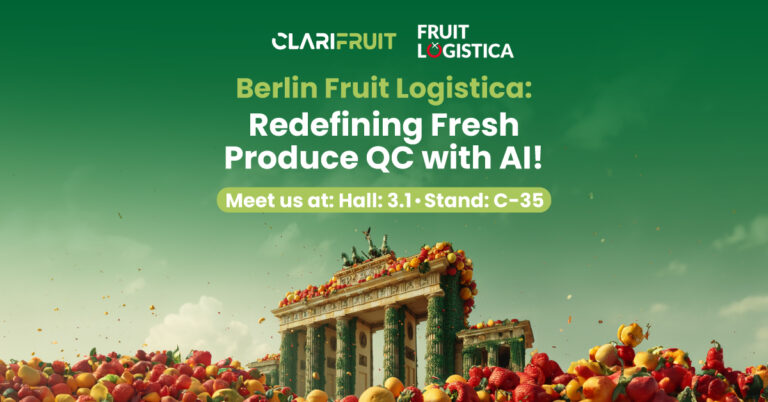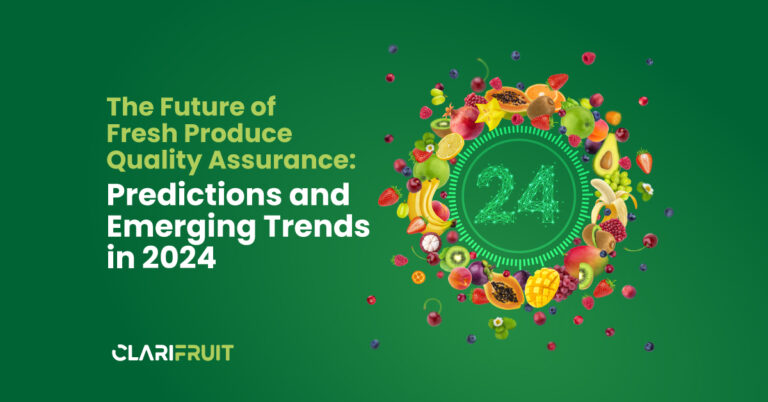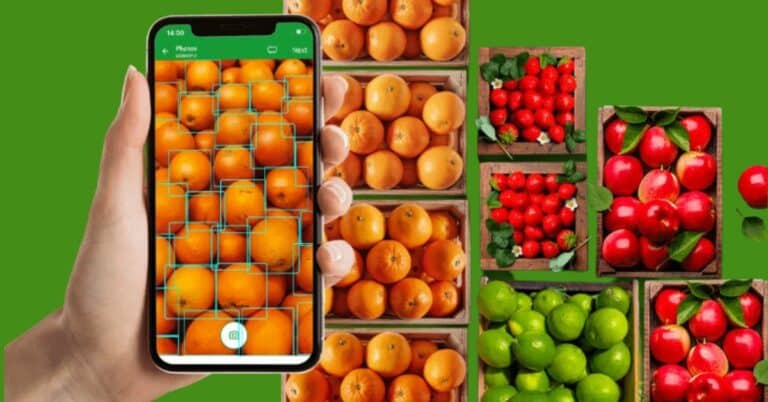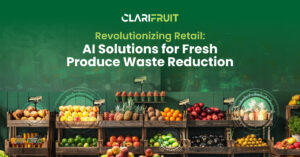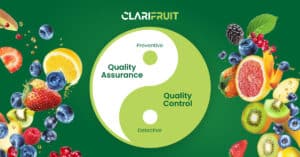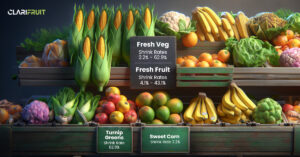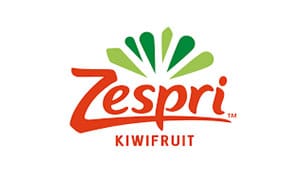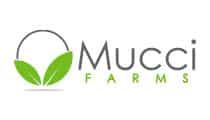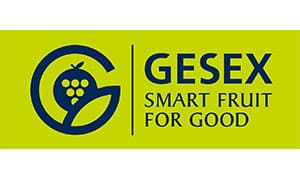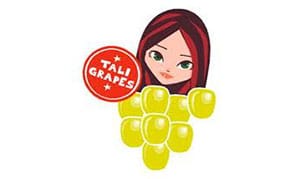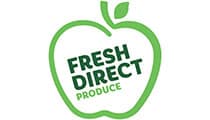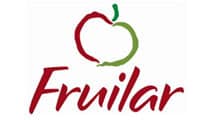Food is the largest component taking up space in US landfills, with 40 million tons being discarded every single year, 40% of this happening at the retailer level.
While the US gets a bad reputation for being wasteful, the truth is that food waste is a global problem. In the UK, 190 million meals a year are being thrown away by supermarkets and grocery stores, and Australia has a $37 billion food waste problem, with aggressive goals to reduce this by 2030.
What can be done to help improve this global situation?
The Challenges of Food Waste for Retailers
Most countries are aware of the issue of food waste, and the large part that retailers play in its growth, and are looking for ways to make a difference. However, they have a number of challenges to contend with. Especially in Western countries, customers expect perfection, and many will not buy a bruised apple or a banana that isn’t perfectly yellow – not without the retailers selling at a loss.
In some cases, the food may be perfectly fine, but the packaging has been damaged on transit, which leads supermarkets to throw them out before they ever arrive on shelves.
There’s also a business decision going on behind the scenes. The President of Trader Joe’s told the Harvard Business Review that if he sees a regional store with low waste, this is a red flag. “The reality as a regional grocery manager is, if you see a store that has really low waste in its perishables, you are worried. If a store has low waste numbers, it can be a sign that they aren’t fully in stock and that the customer experience is suffering.” Waste is often factored in as part of a retailer’s business model, as they would rather have too much food than not enough to serve demand.
What Can Retailers Do to Reduce Waste?
It’s obvious that this status quo is not maintainable. Retailers need to find ways to reduce waste in stores, and stop contributing to the mounting landfill.
Some stores have approached this problem by scrapping the idea of best-before dates. While sell-by and use-by dates are usually based on laboratory data on bacteria growth and the safe times to sell and eat food, best-before dates are usually nothing more than a supermarket’s best guess.
They are meant to provide a guideline to customers for when the food will be tasty until, but the truth is – they aren’t based on any science. That’s why many UK supermarkets have removed best-before dates on hundreds of fruits and vegetables over the past few years, including Tesco, Sainsburys, and more recently – Co-op, who will remove BBE dates from 150 fresh fruits and vegetables this month.
This is a great move to help consumers to waste less fresh produce, as they won’t be swayed by arbitrary dates and end up throwing away food which is perfectly safe to eat.
However, internally – supermarkets are still using encrypted codes to keep track of how long food has been on the shelves. With the advent of new technologies – there could be a much better way.
Automated Quality Control for Fresh Produce In Store
Clarifruit is the first automated quality control platform for fresh fruits and vegetables, allowing retailers to get a granular view of the true quality of their produce, based on AI rather than an objective hunch or a best-before date.
By taking a simple photo of the produce from an intuitive mobile app, stakeholders can check the status of their fresh foods at the port, the inbound distribution center, before and after time in coolers, at outbound distribution centers, and even in front of store.
All the data is centralized on a single web application dashboard, allowing managers to accurately view quality control information over hundreds of varieties of fresh produce at any time. Benefits include:
- More information about produce: Clarifruit gathers a wide array of information, including size, color, stem color, defects, and internal attributes such as degrees Brix.
- Objective quality control: No more subjective quality control from inspectors or third-parties. See in seconds the real status of your produce, and make intelligent decisions about stock.
- Data-driven decision making: Empower staff to decide how to treat fresh produce, including when to move food from coolers to front of store, or when to put food on special offer.
- Improvement to supply and demand: Reduce the need for a margin for waste by getting an earlier view into the quality of all of your fresh produce, and gathering data over time.
Retailers are an unfortunate part of the problem of global food waste, but with the right technology to hand – they can also be part of the solution. Get insights about your produce that are objective, standardized and accurate – and set up processes for waste, such as sending to food banks at the right time, encouraging shoppers away from reliance on best-before dates, and improving your internal quality control so that only unsafe food goes to waste.
Let’s make it happen together. Reach out to schedule a demo of the Clarifruit solution.
